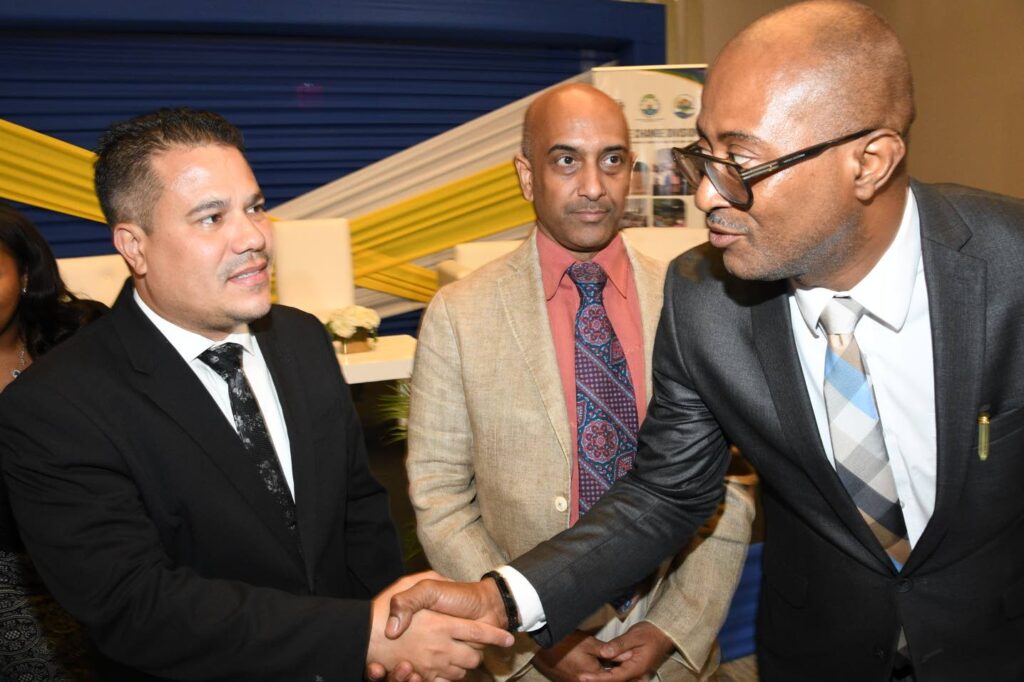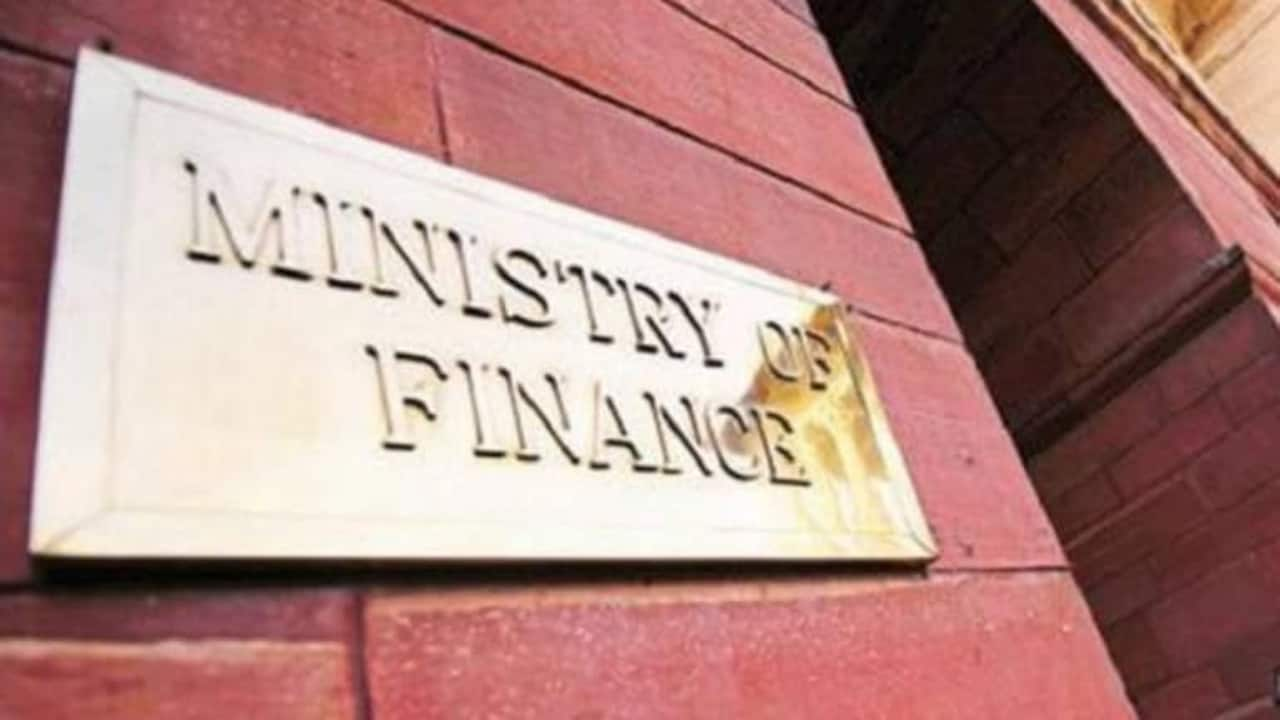Climate Finance Failure: Small Island States Demand Accountability from Big Banks and Wealthy Nations

Small Island Developing States (SIDS) are increasingly vocal in their demand for accountability from major banks and wealthy nations regarding their climate finance pledges. The stark reality is that the promised funding, crucial for adaptation and resilience against the devastating impacts of climate change, remains woefully short. This isn't just a matter of broken promises; it's a matter of survival for vulnerable island communities.
The commitment, initially made under the Paris Agreement, aimed to mobilize $100 billion annually by 2020 to support developing countries, particularly SIDS, in their efforts to combat climate change. However, as various reports and analyses have consistently shown, this target has not been met, and the shortfall continues to widen.
The Core of the Problem: Where's the Money?
The issue isn't simply a lack of overall funding; it's the nature of the finance being provided. Much of what has been categorized as 'climate finance' consists of loans rather than grants, placing a significant debt burden on already struggling economies. Furthermore, a substantial portion comes from the private sector, often with conditions that are not aligned with the needs of SIDS. This includes high interest rates and complex bureaucratic processes that make accessing the funds incredibly difficult.
“We’ve heard the promises, we’ve seen the reports, but the reality on the ground is far from what was pledged,” stated a representative from the Alliance of Small Island States (ASIS) at a recent international climate conference. “Our communities are facing existential threats from rising sea levels, extreme weather events, and coastal erosion. We need urgent, accessible, and grant-based climate finance to build resilience and protect our livelihoods.”
Holding Banks Accountable
SIDS are also increasingly scrutinizing the role of major banks in financing fossil fuel projects while simultaneously promoting climate finance. Critics argue that these institutions are contributing to the problem while claiming to be part of the solution. There's a growing call for banks to align their investments with the goals of the Paris Agreement and to publicly disclose their climate-related financial risks.
The Role of Wealthy Nations
Wealthy nations, particularly those historically responsible for the majority of greenhouse gas emissions, bear a significant responsibility to fulfill their climate finance commitments. SIDS are demanding greater transparency and accountability in how these funds are allocated and utilized. They are also advocating for a shift towards grant-based financing and a simplification of access procedures.
Looking Ahead: A Call for Action
The situation demands urgent action. SIDS are not merely seeking financial assistance; they are seeking justice and a recognition of their right to a sustainable future. The upcoming COP28 climate conference presents a crucial opportunity for wealthy nations and financial institutions to demonstrate their commitment to climate finance and to work collaboratively with SIDS to address this critical issue. The time for empty promises is over; the time for concrete action is now. Failure to deliver will have devastating consequences for the most vulnerable communities on Earth.






